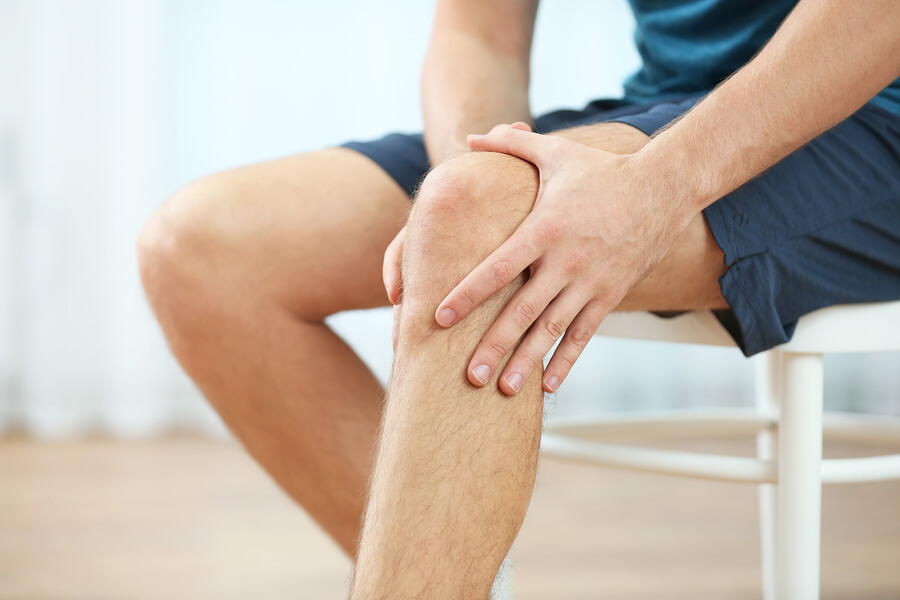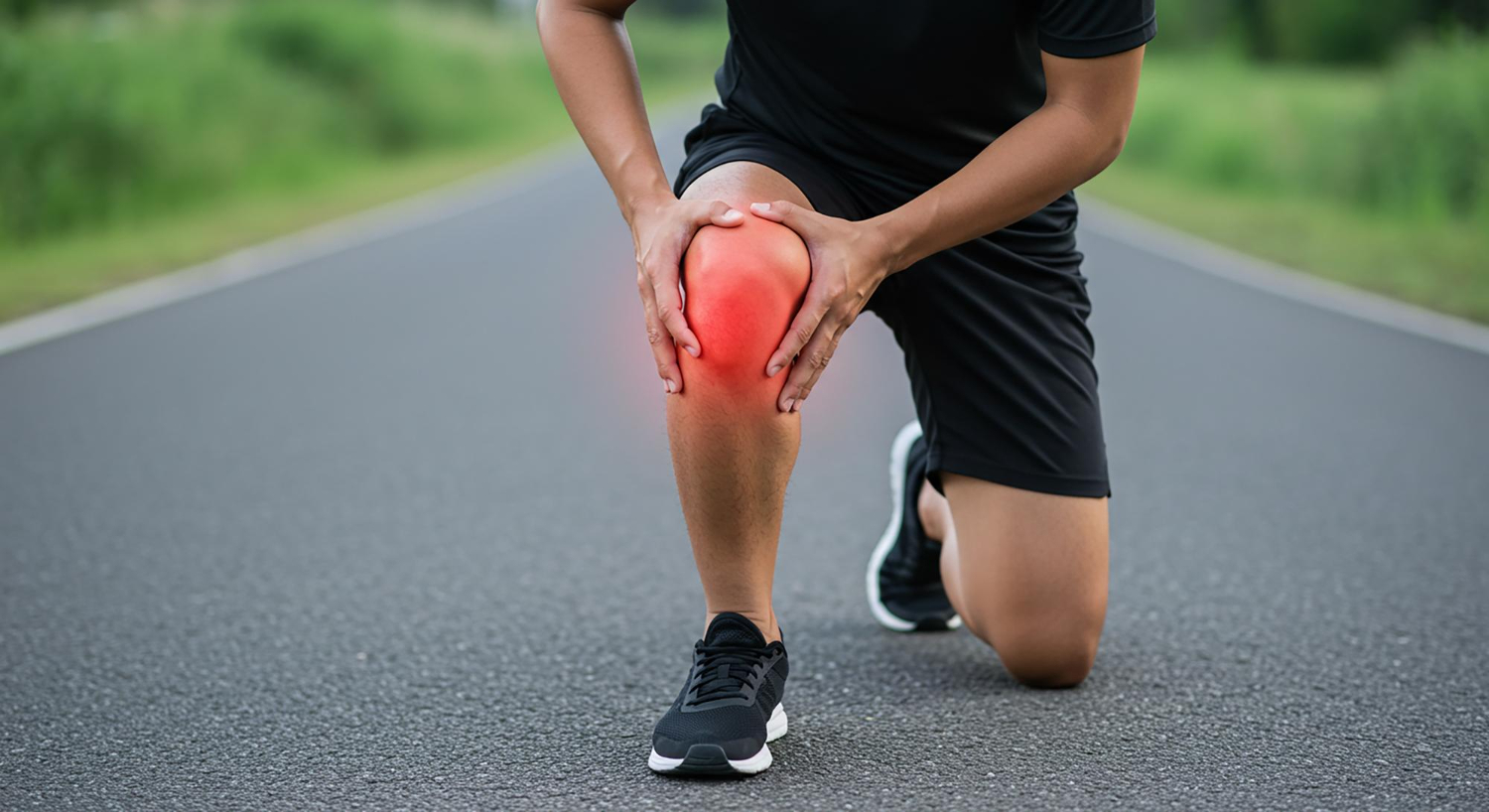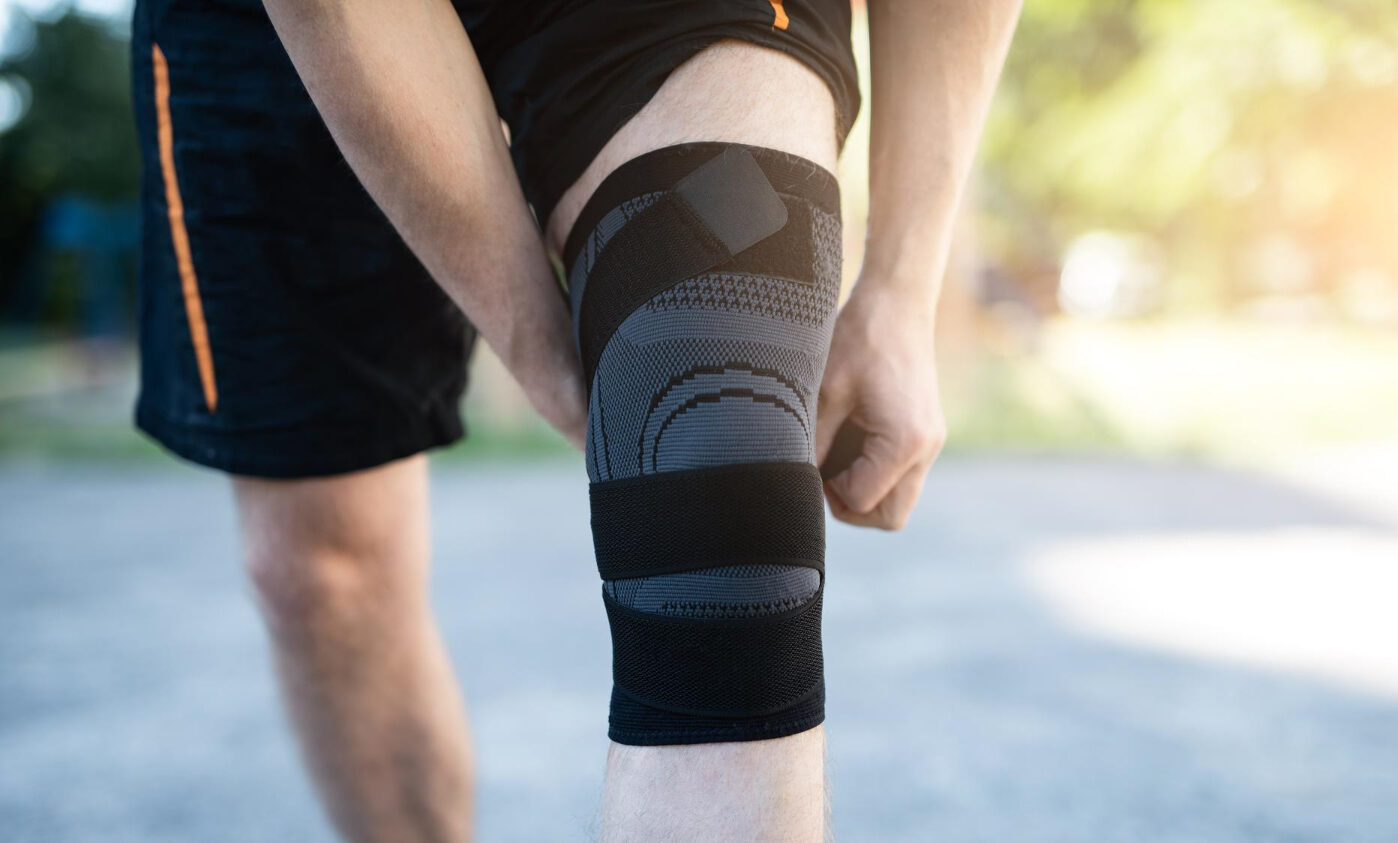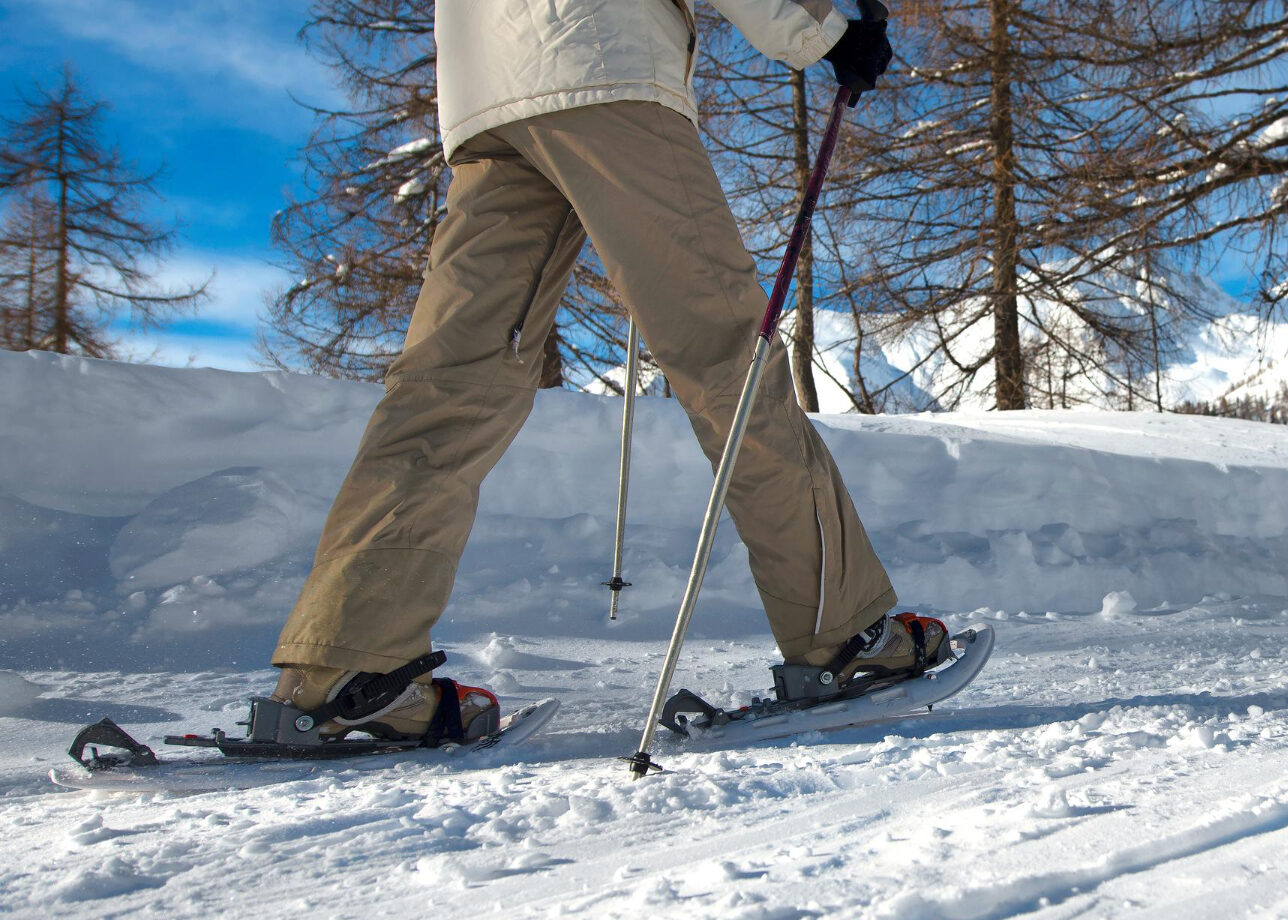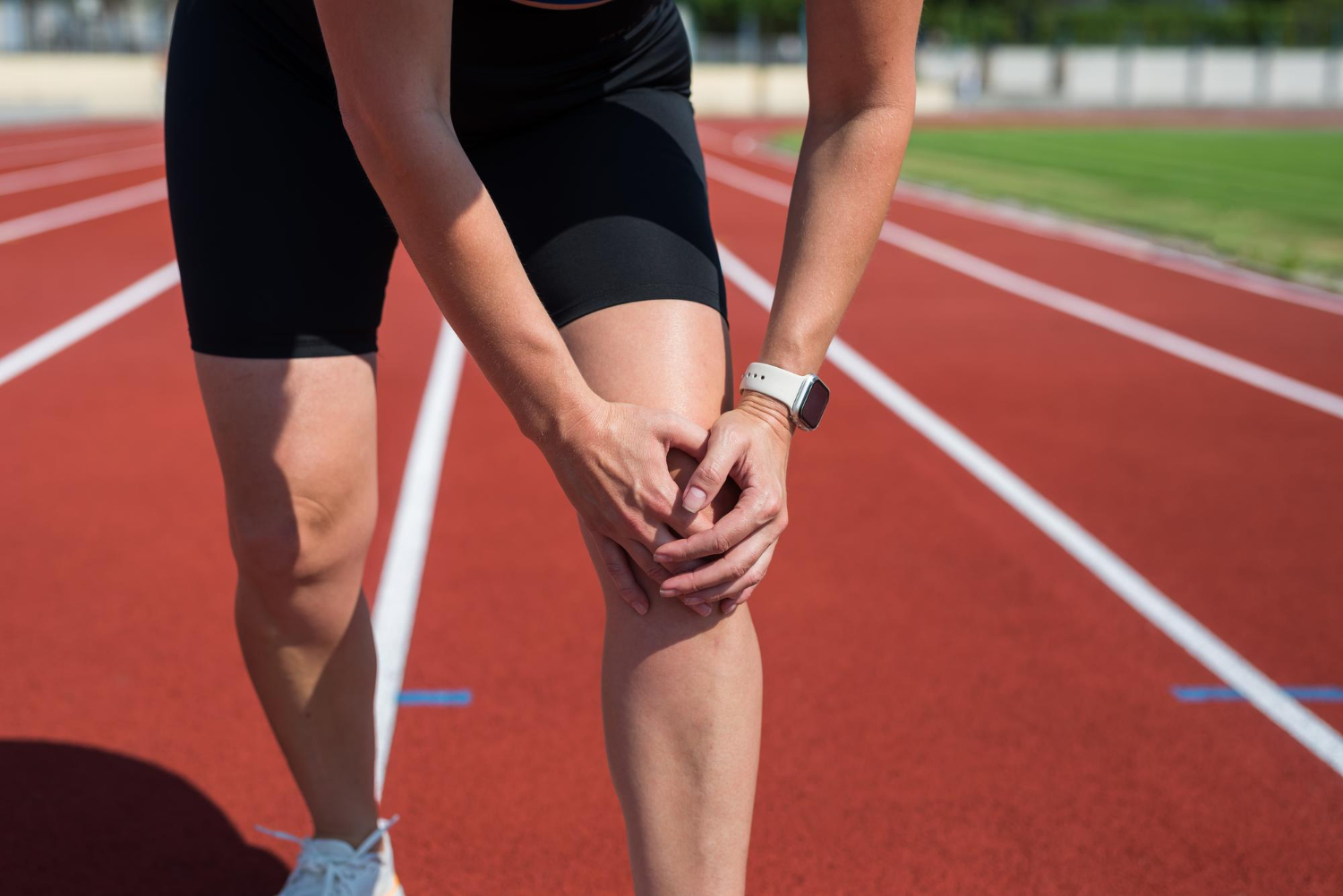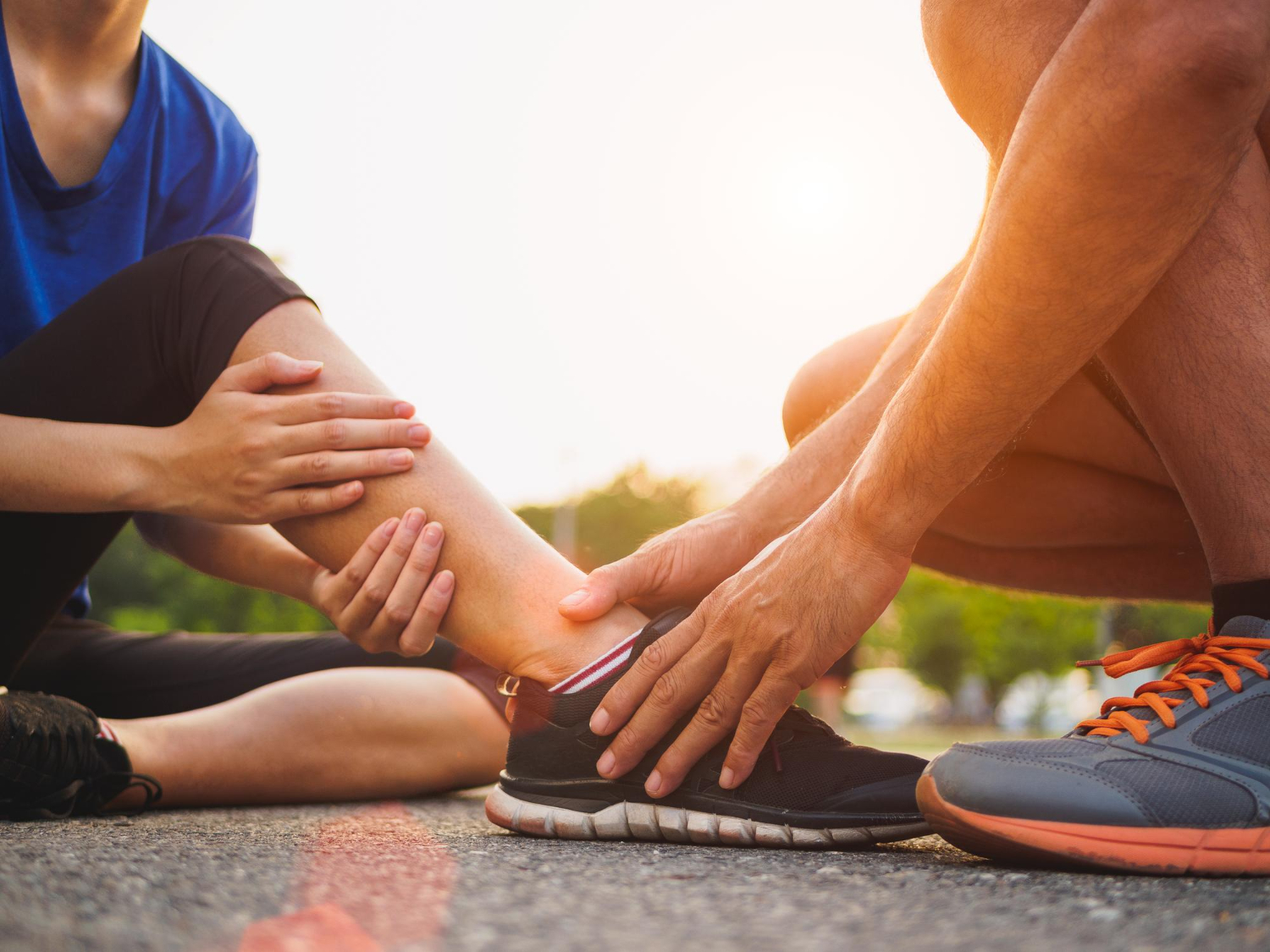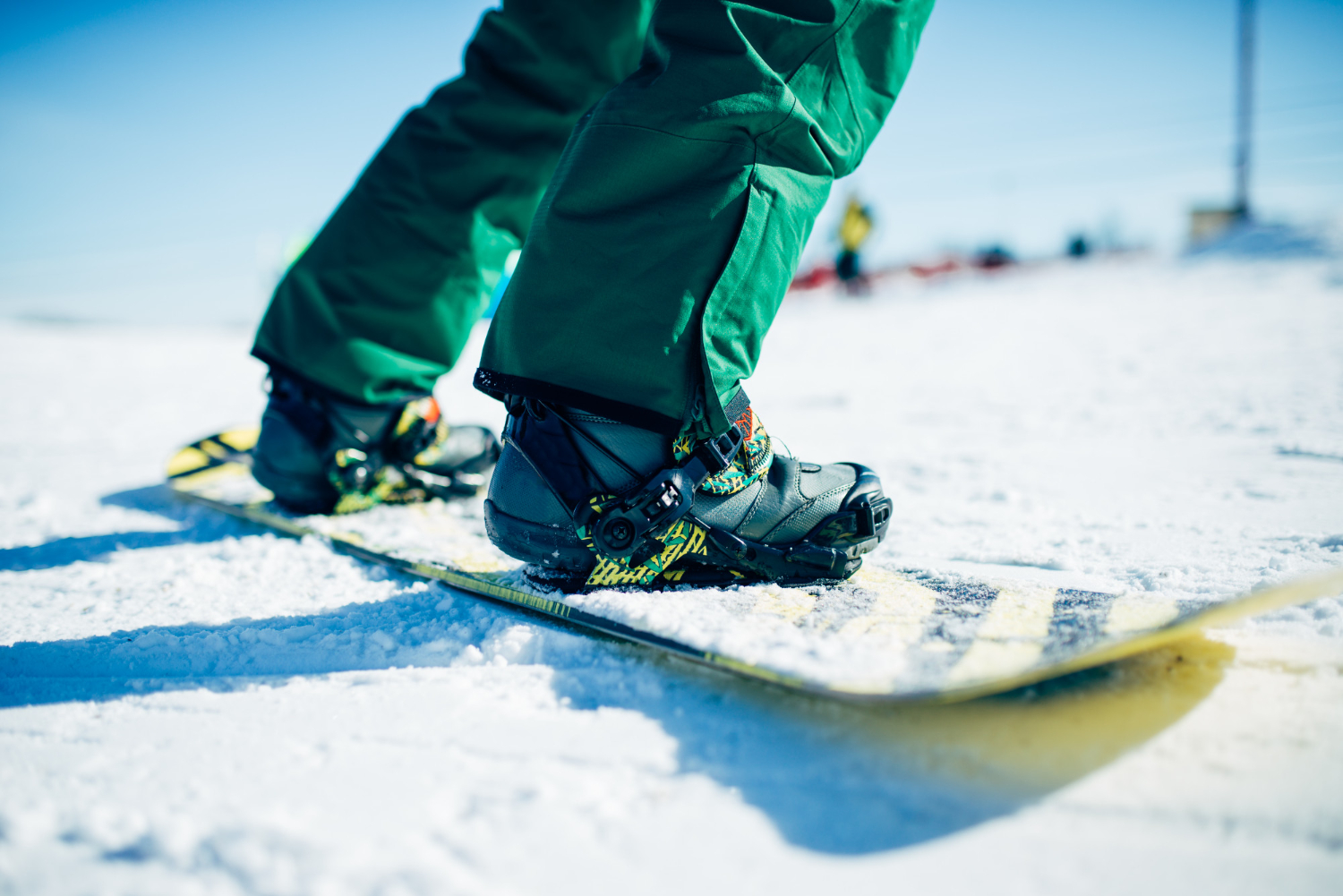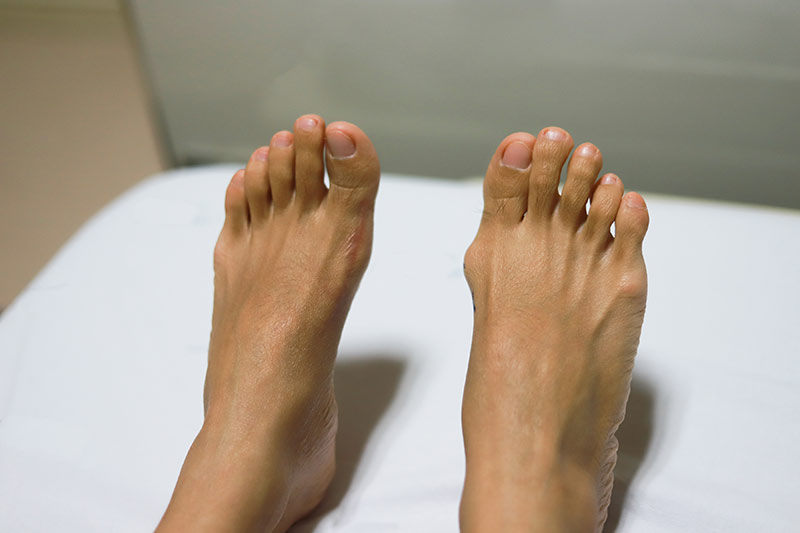That Nagging Ache Below Your Kneecap? Don’t Brush It Off.
If you’ve been feeling a dull ache or sharp pain just below your kneecap, especially during squats, running, or after a tough gym session, you could be dealing with patellar tendinitis.
Also known as jumper’s knee, this condition is more common than most people realise, particularly among those who are active. The good news? With early intervention and the right care, it’s manageable, and you don’t have to give up doing what you love.
What Is Patellar Tendinitis?
Your patellar tendon connects the bottom of your kneecap (patella) to the top of your shinbone (tibia). It helps your knee straighten and is heavily used during jumping, squatting, climbing stairs, or kicking motions.
When this tendon becomes irritated or inflamed, often due to overuse or repetitive stress, you get patellar tendinitis.
Who’s at Risk?
You don’t have to be an Olympic athlete to develop patellar tendinitis. But some groups are more prone than others:
- Runners and joggers — Repetitive impact can strain the tendon over time.
- Basketball and volleyball players — Jump-heavy sports are classic culprits.
- Gym-goers and lifters — Poor squatting form or sudden load increases can trigger it.
- Weekend warriors — Going all-out on the occasional sports day without proper conditioning puts your knees at risk.
- Anyone with tight leg muscles or poor alignment — Limited flexibility in your hips, quads, or calves can add extra tension to the knee.
Common Symptoms to Look Out For
The pain usually starts small and builds over time, which makes it easy to ignore, until it starts interfering with daily life.
Here’s what you might notice:
- Pain just below the kneecap, especially during activity
- Stiffness or aching after sitting for long periods
- Discomfort going up or down stairs
- Swelling or tenderness at the base of the kneecap
- A feeling of weakness or instability in the knee
Left untreated, the condition can progress and make it painful to walk, exercise, or even stand for long stretches.
Why Early Treatment Matters
Patellar tendinitis may start as a minor irritation, but ignoring it can lead to chronic pain or tendon degeneration (also known as tendinosis). This can take much longer to heal and may even require surgical intervention in some cases.
Getting proper diagnosis and care early allows you to:
- Reduce pain and inflammation quickly
- Maintain strength and flexibility
- Return to sport or activity safely
- Prevent more serious knee problems down the road
How It’s Treated at TOPS
At The Orthopaedic Practice and Surgery (TOPS), our specialists offer a comprehensive approach to managing patellar tendinitis. Treatment options may include:
- Rest and anti-inflammatory care
- Stretching and strengthening exercises for the quads, hamstrings, and calves
- Physiotherapy and shockwave therapy
- PRP injections or minimally invasive procedures (in more stubborn cases)
We also look at your movement patterns and training load to prevent recurrence, whether you’re a runner, weightlifter, or recreational athlete.
Book a Knee Check Today
If you’ve been dealing with knee pain just below the kneecap, don’t wait until it worsens. Let’s get ahead of the pain and keep you moving confidently.
Visit us at HMI, Mount Elizabeth (Orchard and Novena), or Gleneagles

